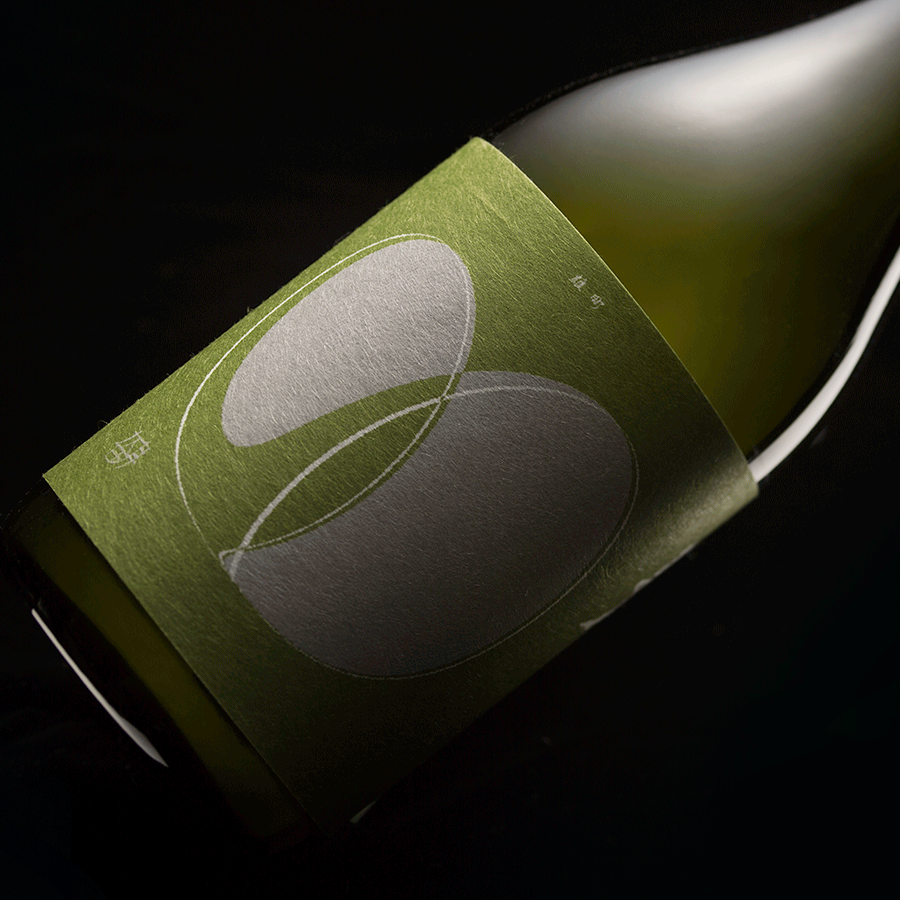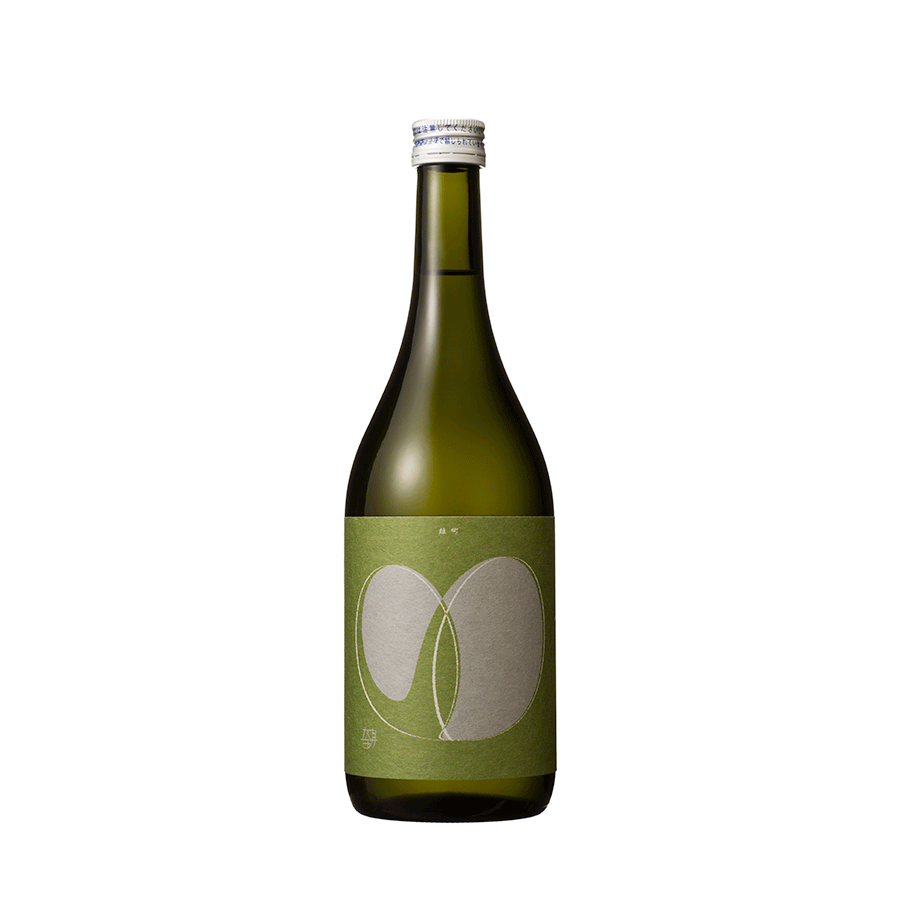-
 >
>
- Product list >
- Nanbubijin Omachi Junmai-daiginjo (720ml)
Nanbubijin Omachi Junmai-daiginjo (720ml)
詳しく見る
- *All prices shown are the product prices from the Japanpage:.
- *Product price can be shown in multiple currencies as reference values.
- *Payment should be made in Japanese yen.
- *After filling in delivery address, grand total (product price + shipping cost (packing + shipping + insurance) +tariffs & taxes) will be shown on the shipping cart page.
- *All prices shown are the product prices from the Japanpage:.
- *Product price can be shown in multiple currencies as reference values.
- *Payment should be made in Japanese yen.
- *After filling in delivery address, grand total (product price + shipping cost (packing + shipping + insurance) +tariffs & taxes) will be shown on the shipping cart page.
"Nanbubijin Omachi Junmai-daiginjo (720ml)" is a Junmai Daiginjo distilled to 50% using Omachi, one of the four greatest sake rice strains. Omachi is extremely rare, and difficult cultivate; it is distinct for its round clear center, and is melt in your mouth soft, which makes for a rich sake. The chief toji and brewers who have succeeded the refined techniques and traditions of the "Nanbutoji", one of the foremost of Japan's three greatest toji groups, used pure subterranean water from the Oritsume Basenkyo Prefectural Park in Ninohe City, Iwate, and the precious Sake, Omachi, to create a sake that is soft on the pallet, but rich in flavor. The label's design is based on our commitment to creating "Nanbubijin Omachi Junmai-daiginjo (720ml)" with our traditional methods, creating wonderful experiences, improving upon what we have, and the abundance of our sake.
About "Nanbubijin"
The name "Nanbubijin" derives from the brewery's passion for "producing beautiful sake" as well as the attributes of Ninohe City of Iwate prefecture, known as the "Southern Country" blessed by magnificent natural landscapes. This beautiful sake is painstakingly brewed using carefully selected ingredients and production techniques and inherits the skills and soul of a world-class brewery.
Recommended temperature
- Atsukan (50 - 55℃)
- Jokan (45 - 50℃)
- Nurukan (30 - 40℃)
- Room temperature (15 - 20℃)
- Hanabie (10℃)
- Yukibie (5℃)
Type


Tag
Appearance
-
Clarity
Transparency
Hazy
-
Colour
Colorless
Dark brown
-
Intensity
Water
Deep
Nose characteristics
-
Intensity
Low
Strong
Taste characteristics
-
Light / Body
Light
Body
-
Sweet / Dry
Sweet
Dry
-
Simple / Complexity
Simple
Complexity
-
Acidity
Low
High
-
Umami
Low
High
-
Finish
Low finish
Long finish
Aroma and flavor
Detailed information
| Volume | 720ml |
|---|---|
| Size (L W H) | 8.0 x 8.0 x 28.0 cm |
| Weight | 1.3kg |
| Ingredients | Rice, Rice koji, Water |
| Region | Iwate |
| Alcohol content | 17%vol. |
|
Sake Meter Value
|
-2 |
|
Acid level
|
1.4 |
|
Polishing ratio
|
50% |









